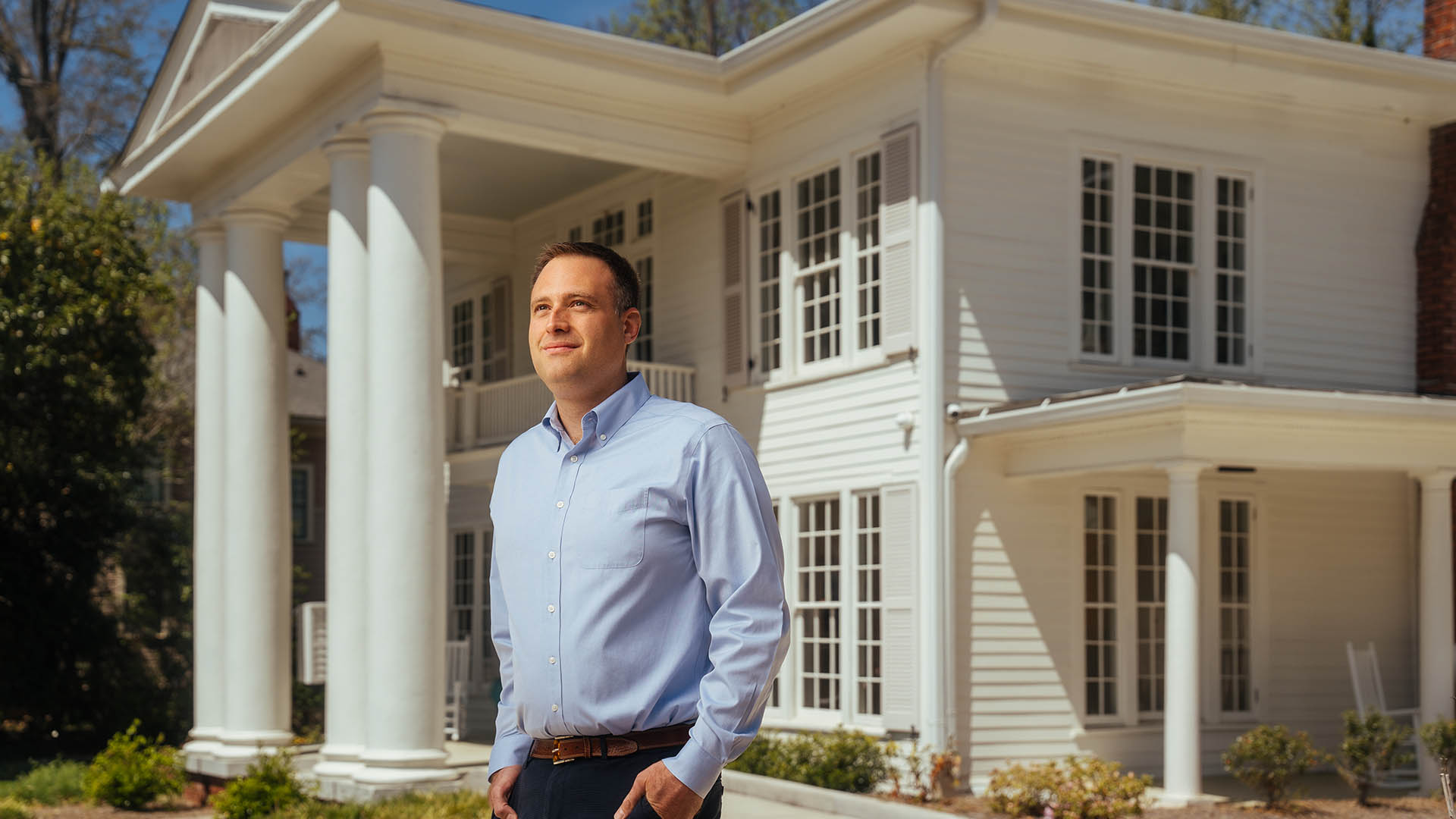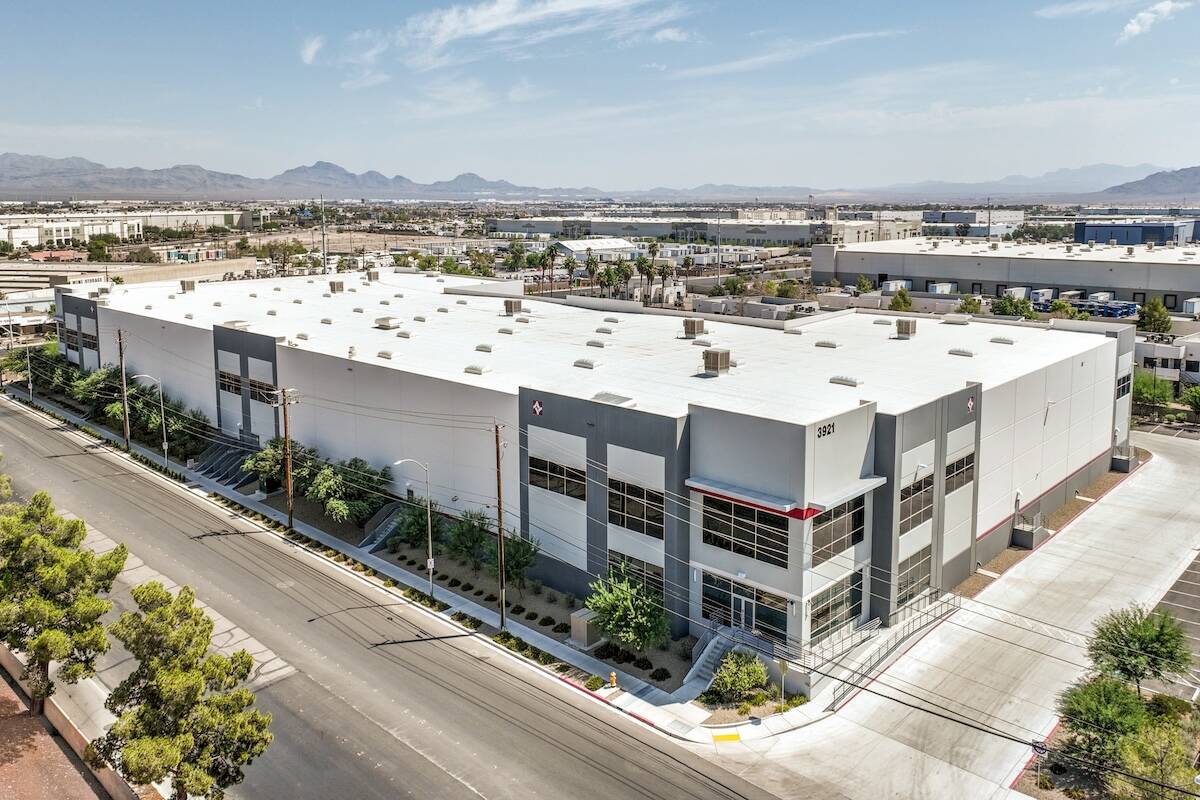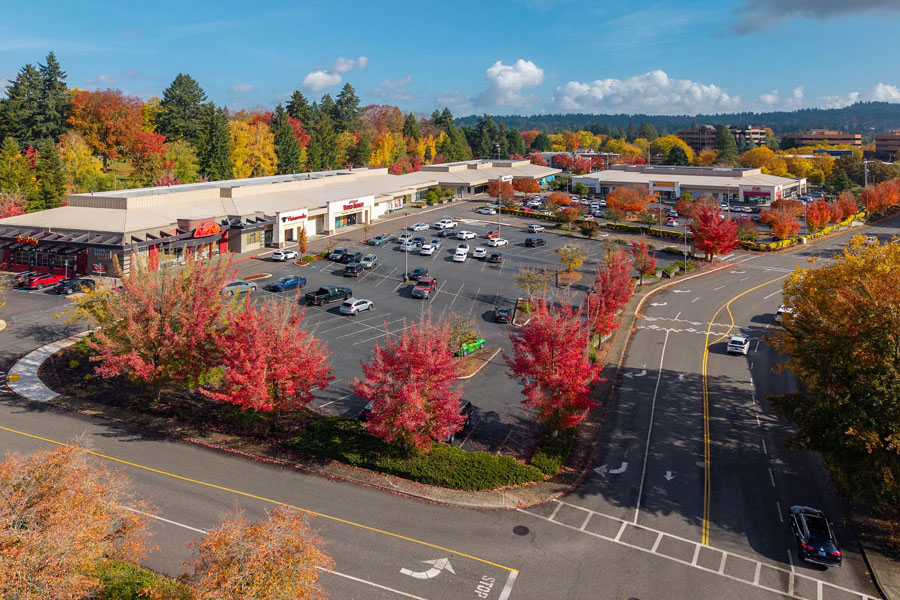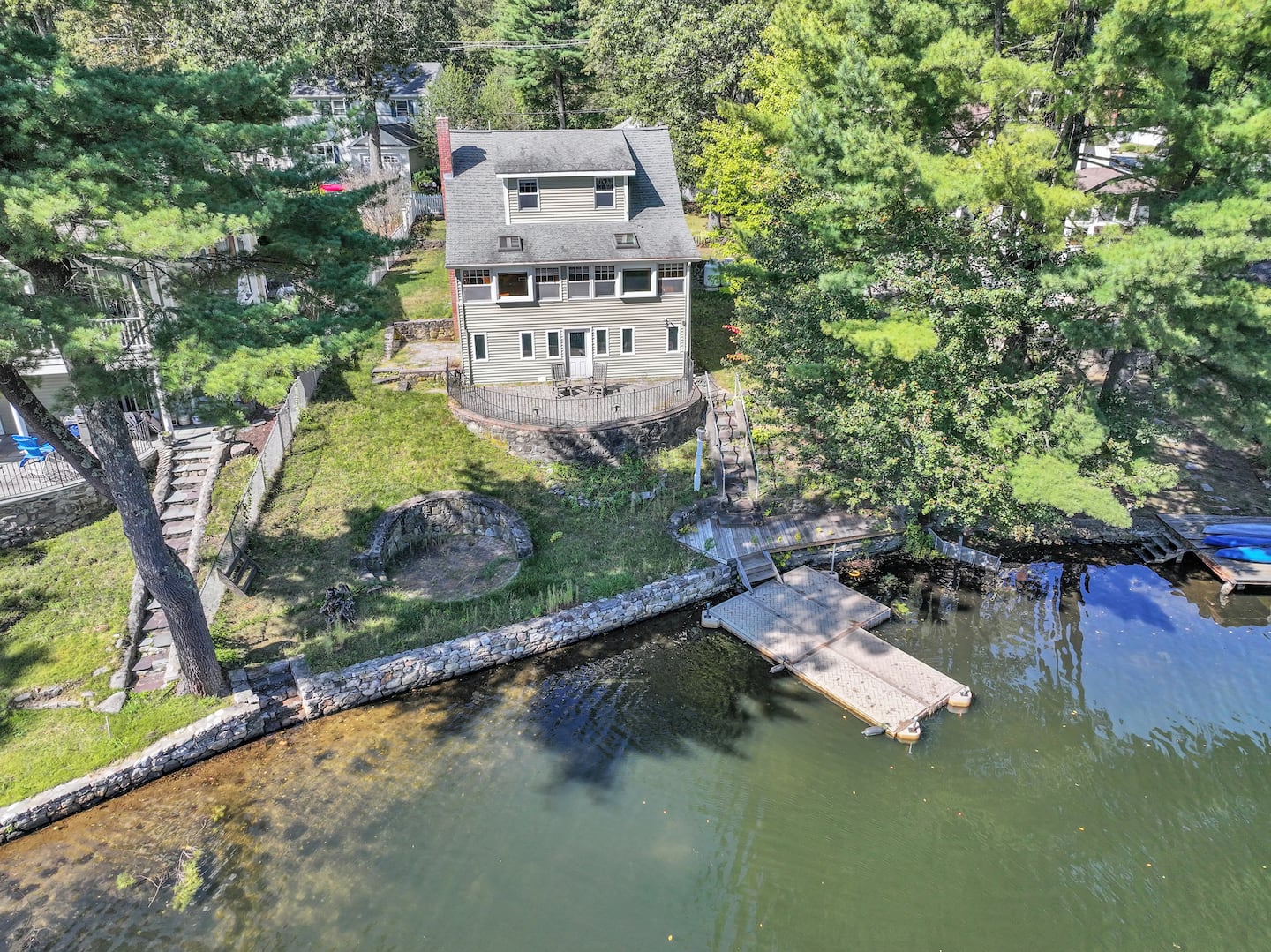K
urt Wallenborn, owner of Franklin Real Estate Development, has a keen eye for spotting historic buildings with potential. He describes it as a gut feeling that guides him in finding new projects in Greenville. This intuition led him to restore two buildings into unique office spaces blending historic and modern design elements.
Wallenborn purchased his first historic building to rehabilitate in 2021, the former McBride Office Supply on Wade Hampton Boulevard, constructed in 1962. The building was in disrepair when he saw it, but Wallenborn liked its mid-century modern architectural style. He spent months restoring the structure into an executive office building called Prosper.
Wallenborn learned about historic-rehabilitation projects while earning his master's degree in real estate development at Clemson University. Before studying at Clemson, he developed marketplace stores for The Kroger Co. and solar farms for Dominion Energy. He moved to Greenville in 2016 and toured several mill-restoration projects across the Upstate.
Historic rehabilitation tax credits are available to developers who renovate an income-producing historic building. Wallenborn used federal and state historic tax credits to restore Prosper, which helped bring down costs. The National Park Service, Internal Revenue Service, and South Carolina State Historic Preservation Office administer the federal historic rehabilitation tax credit, offering a 20% tax credit for eligible projects.
Wallenborn also acquired tax credits for his most recent restoration project, The Franklin. He purchased the two-story building near downtown Greenville to redevelop into office space in 2023. Several elements of the historic building were preserved during renovations, including pine floors and original double-hung casement windows.
The Franklin's restoration was completed in December 2023, offering 11 office spaces ranging from 90 square feet to 225 square feet. Wallenborn is currently looking for a new property to rehabilitate in Greenville but believes restoring historic buildings into unique commercial real estate is more rewarding than developing new builds.
Wallenborn said he would be interested in helping other local developers navigate the historic tax credit process to complete restoration projects in the area. He believes preserving these buildings is crucial as they are the soul of the city, especially with Greenville's rapid growth.
Franklin Real Estate Development redeveloped two historic buildings into executive office spaces for business and medical professionals to rent. The Prosper building has 25 rentable office spaces ranging from 75 square feet to 138 square feet, while The Franklin has 11 rentable office spaces ranging from 90 square feet to 225 square feet.
Wallenborn's restoration projects demonstrate the importance of historic tax credits in bringing down costs and preserving historic buildings. He believes that with the cost to build new becoming more expensive, rehabilitating existing buildings will become a more viable option for developers.













